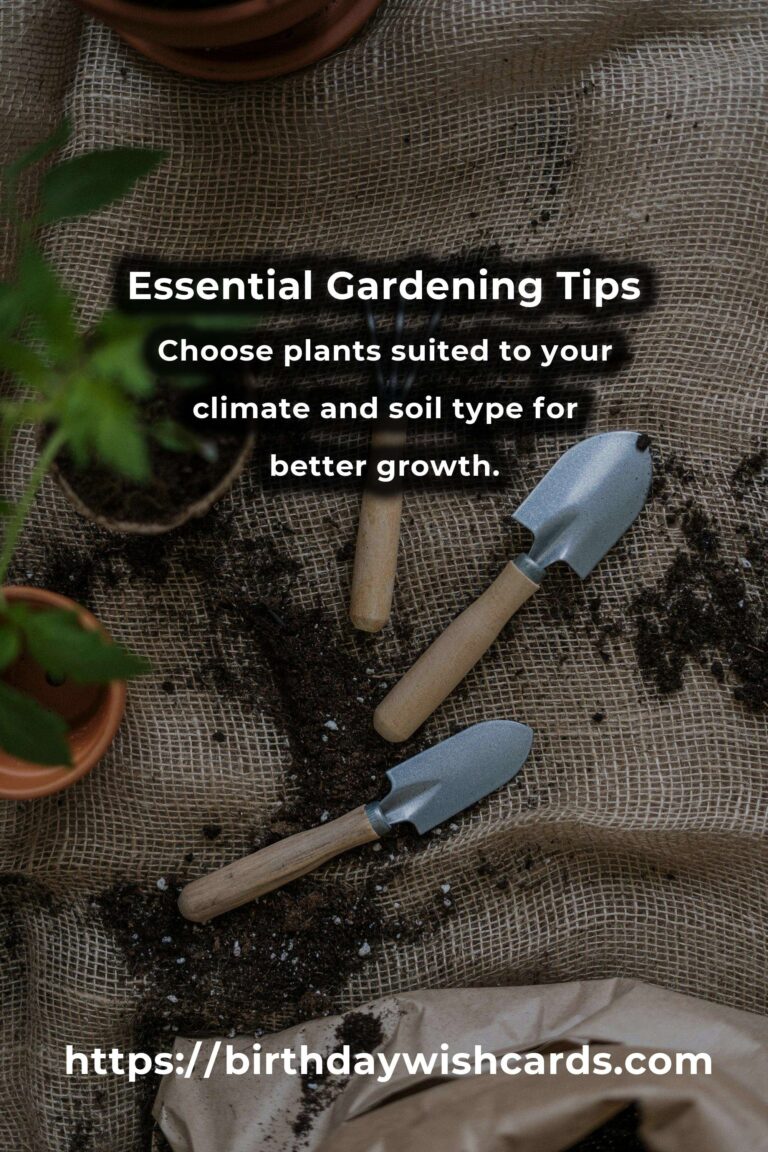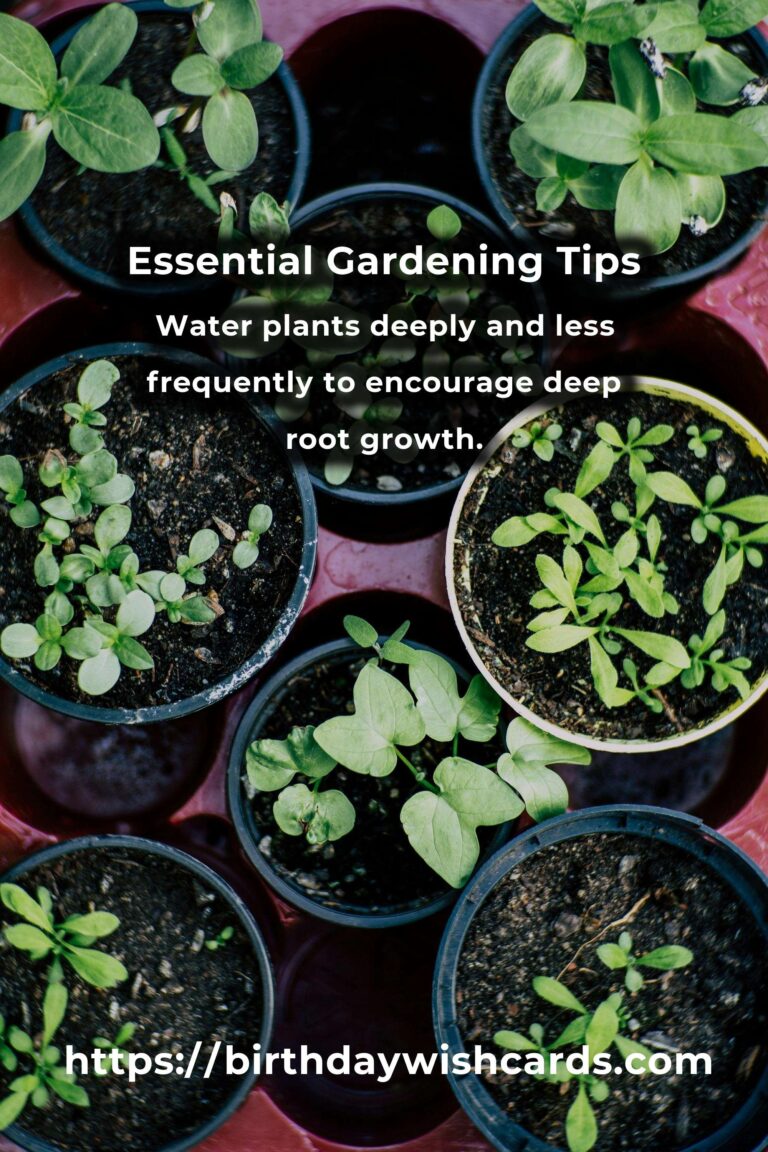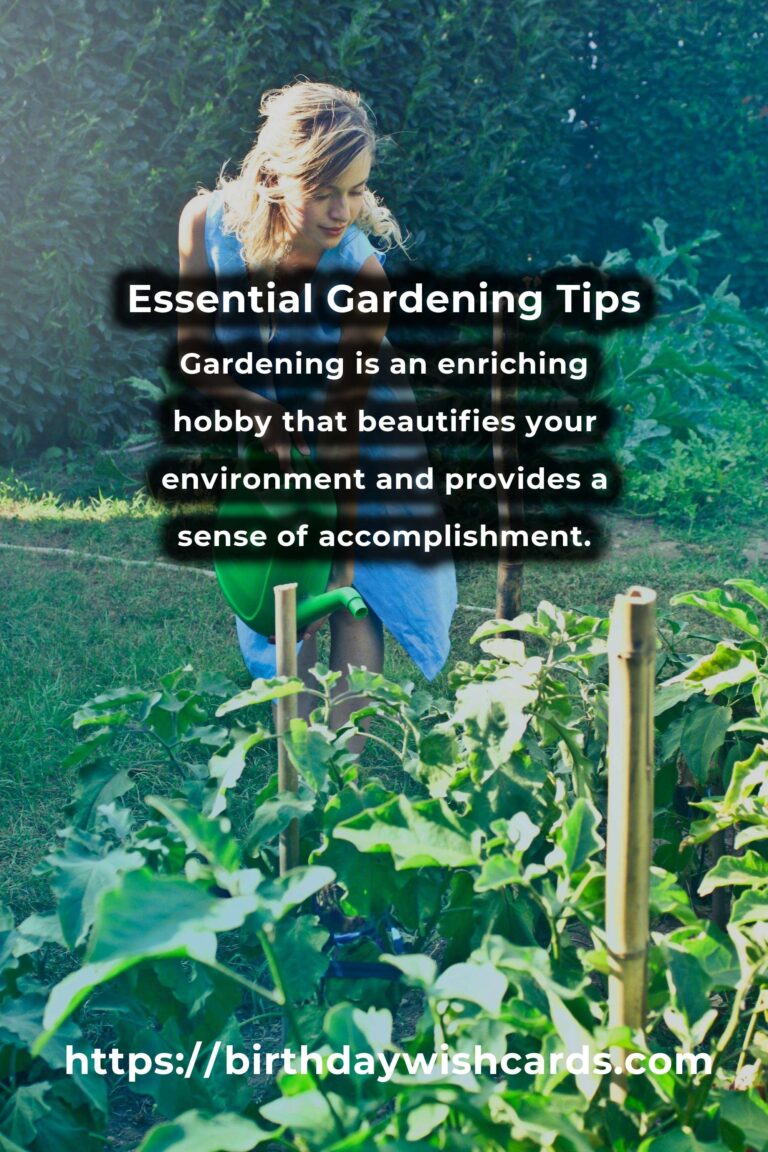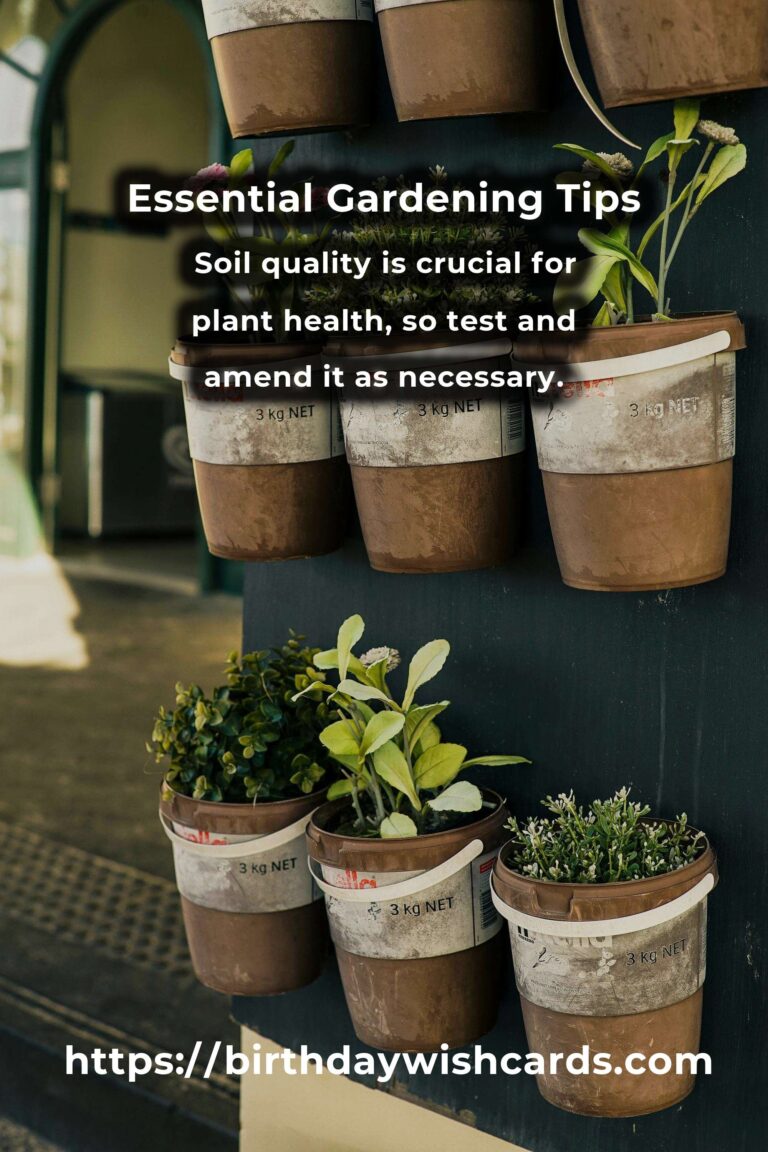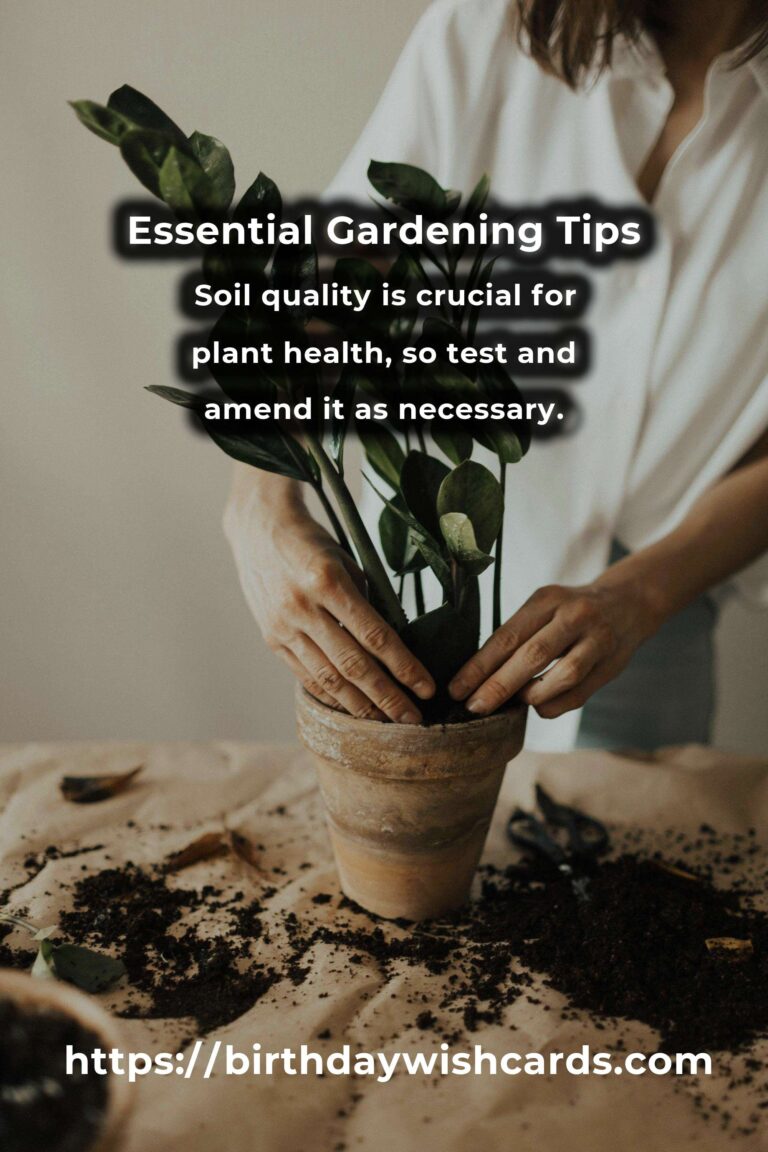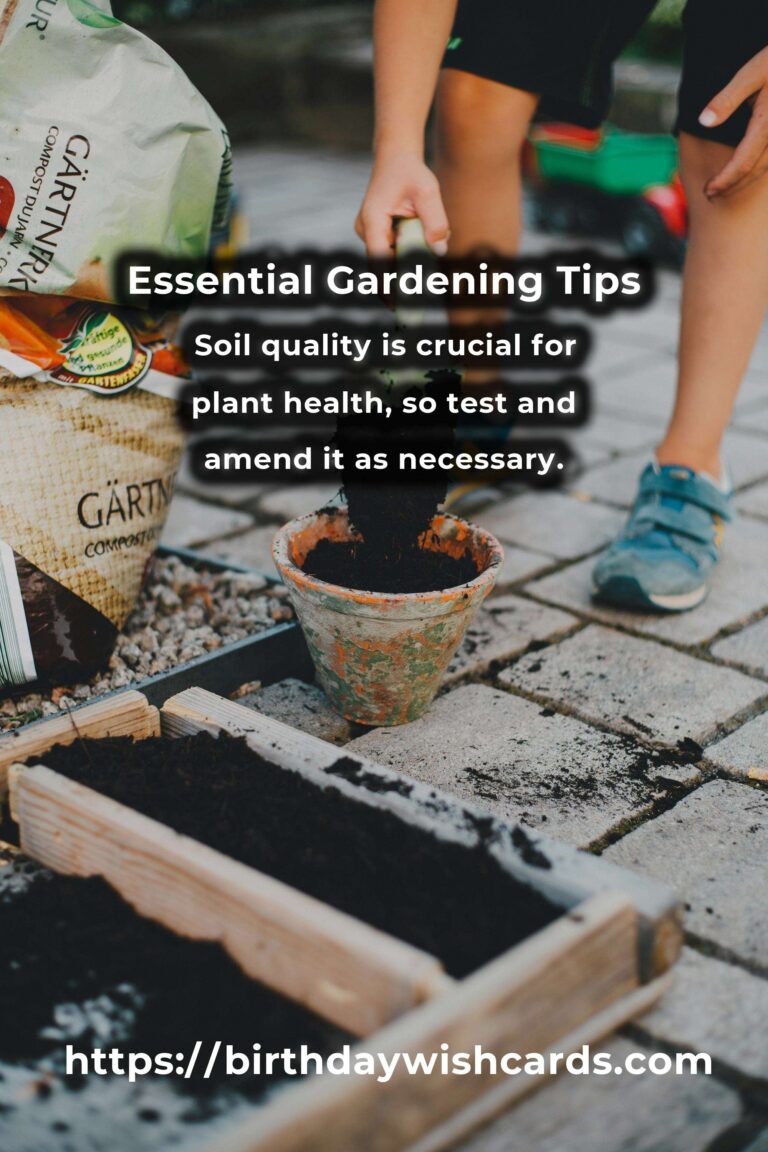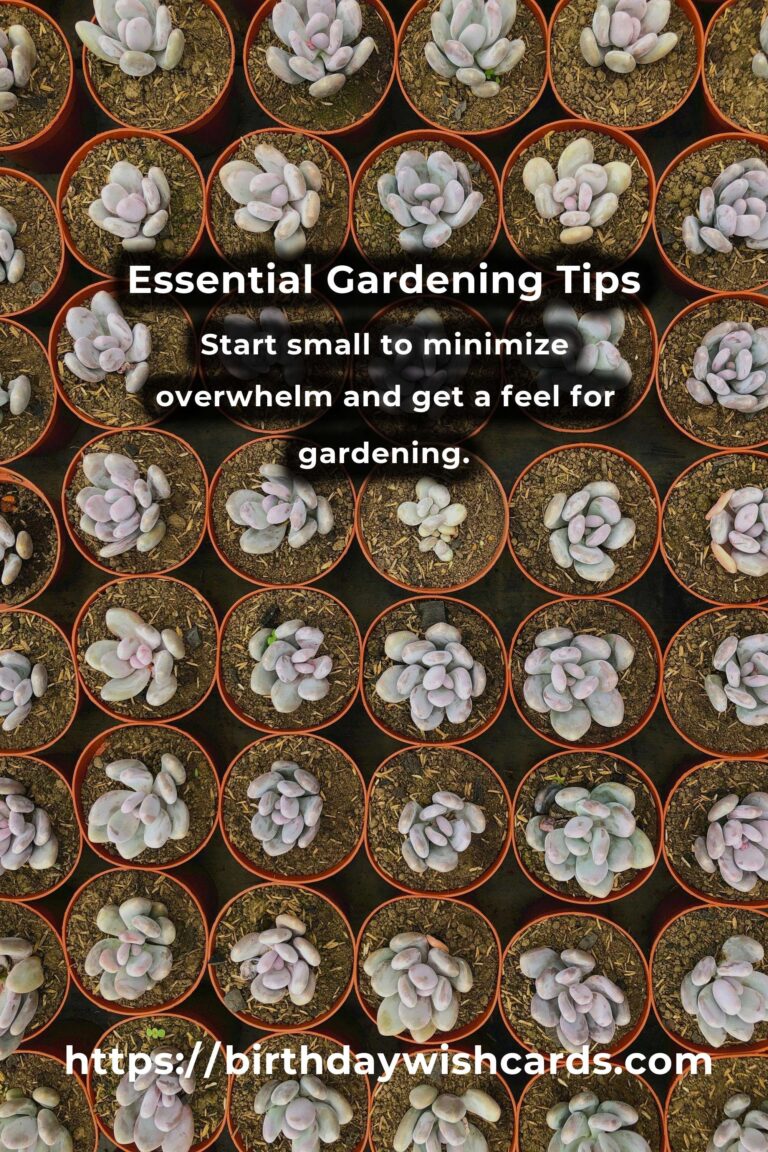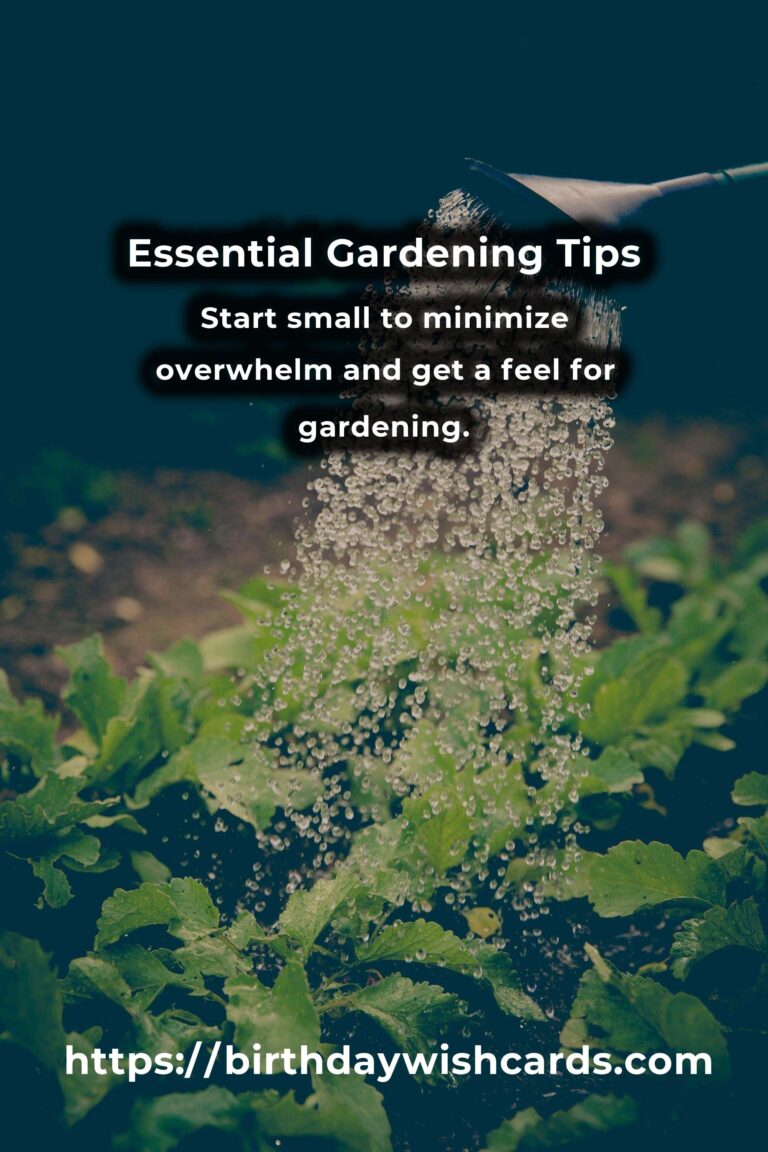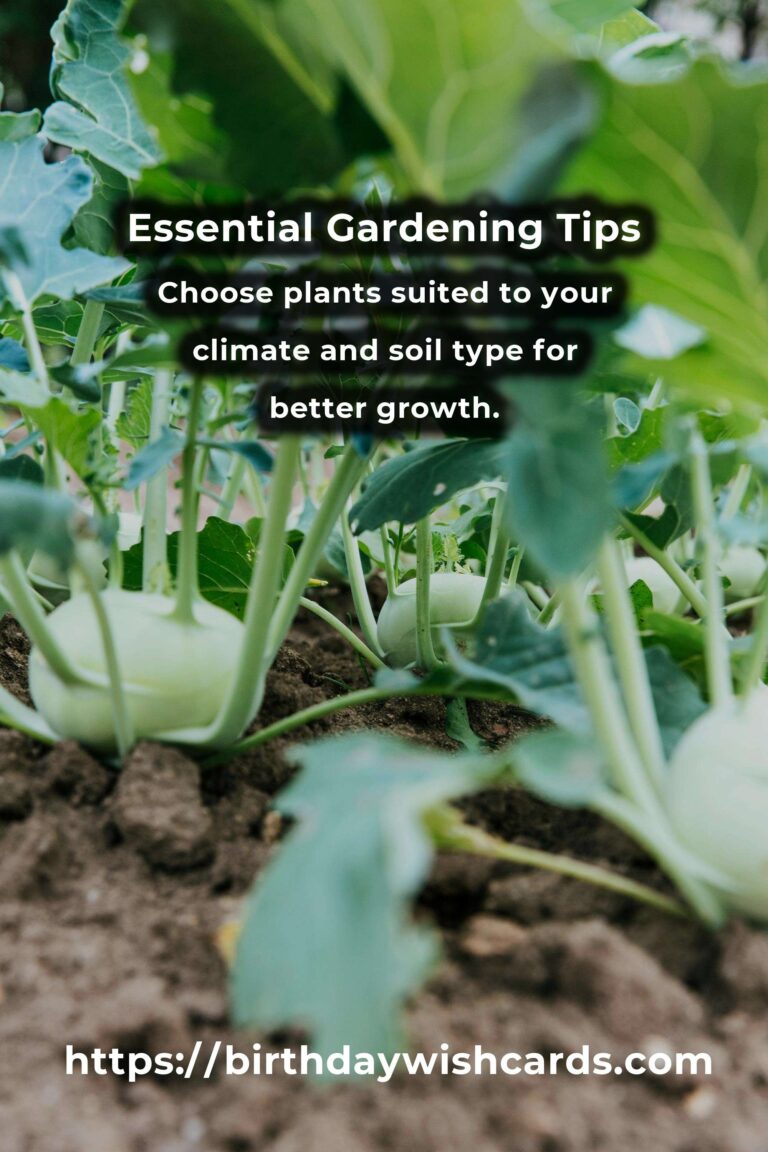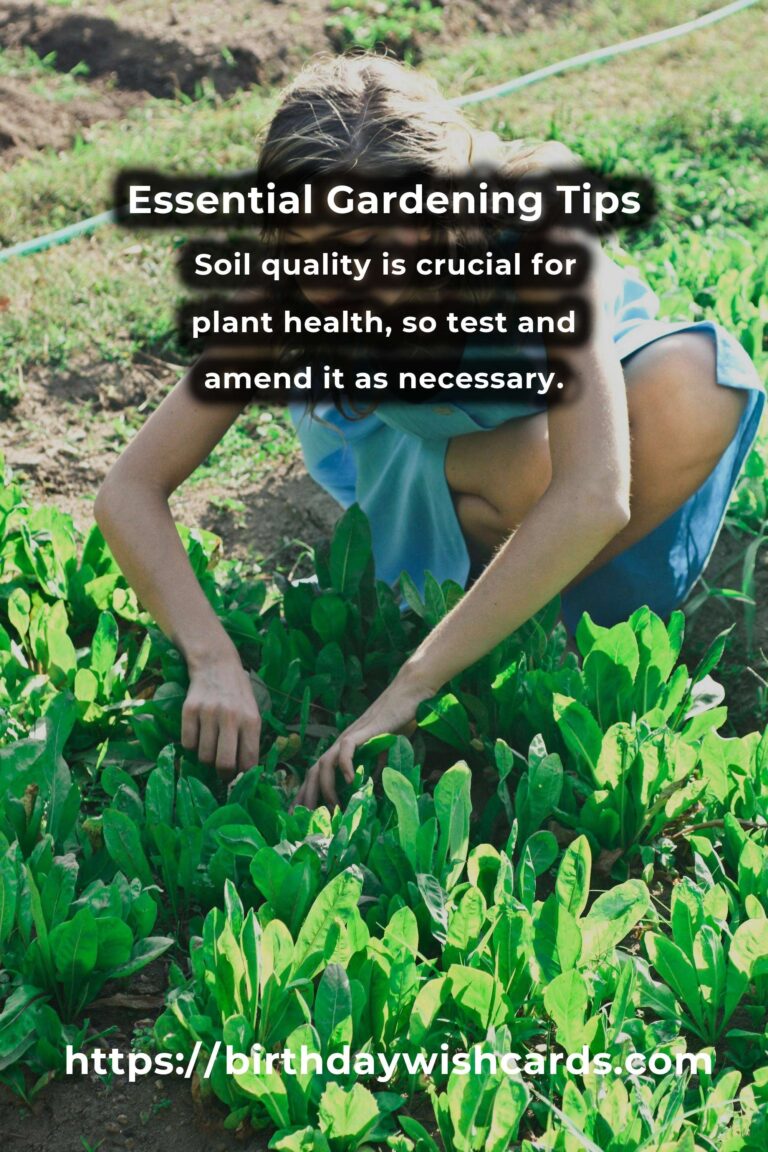
Gardening is an enriching hobby that not only beautifies your environment but also provides a sense of accomplishment and peace. Whether you’re a beginner or looking to refresh your skills, these fundamental gardening tips will help you start and maintain a thriving garden.
1. Start Small
Begin with a small plot or a few containers to get a feel for gardening. This approach minimizes overwhelm and allows you to learn the basics before expanding.
2. Choose the Right Plants
Select plants that are suited to your climate and soil type. Local nurseries often offer native plants that will thrive in your region.
3. Understand Your Soil
Soil quality is crucial for plant health. Test your soil to determine its pH and nutrient levels, and amend it accordingly.
4. Plan Your Garden Layout
Consider the mature size of plants and their sunlight needs when planning your garden layout. Ensure taller plants don’t overshadow shorter ones.
5. Water Wisely
Water plants deeply and less frequently to encourage deep root growth. Early morning is the best time to water to minimize evaporation.
6. Mulch for Moisture
Apply mulch around plants to retain moisture, suppress weeds, and regulate soil temperature.
7. Compost
Use compost to enrich your soil with nutrients. It’s an excellent way to recycle kitchen and garden waste.
8. Learn About Pests
Identify common garden pests and learn natural methods to control them, such as introducing beneficial insects.
9. Rotate Crops
Practice crop rotation in vegetable gardens to prevent soil depletion and reduce pest buildup.
10. Fertilize Appropriately
Use organic fertilizers to promote healthy plant growth. Over-fertilizing can harm plants and the environment.
11. Prune Regularly
Pruning helps plants maintain their shape, improve air circulation, and encourage new growth.
12. Companion Plant
Companion planting can deter pests and improve yields. Research which plants grow well together.
13. Use Raised Beds
Raised beds can improve drainage and soil quality. They’re also easier on your back and knees.
14. Protect Plants from Frost
Use covers or bring plants indoors during frost warnings to prevent damage.
15. Know Your Hardiness Zone
Understanding your USDA hardiness zone helps you choose plants that will survive your local winter temperatures.
16. Avoid Overcrowding
Give plants enough space to grow. Overcrowding can lead to disease and stunted growth.
17. Practice Good Hygiene
Clean tools and remove diseased plants promptly to prevent the spread of pathogens.
18. Stay Consistent
Regular maintenance is key. Set a schedule for watering, weeding, and monitoring plant health.
19. Explore Vertical Gardening
Maximize space by growing plants vertically using trellises or vertical planters.
20. Invest in Quality Tools
Good quality gardening tools make tasks easier and more efficient.
21. Be Patient
Gardening is a process that requires time and patience. Enjoy the journey and learn from each season.
22. Experiment
Don’t be afraid to try new plants or techniques. Experimentation can lead to exciting discoveries.
23. Join a Gardening Community
Connect with other gardeners online or in person to share tips and experiences.
24. Keep a Garden Journal
Track your gardening activities and plant growth to learn what works best for your garden.
25. Welcome Wildlife
Encourage beneficial wildlife, like birds and bees, which can help with pollination and pest control.
26. Focus on Sustainability
Adopt sustainable practices such as rainwater harvesting and organic gardening.
27. Enjoy the Process
Finally, remember that gardening is meant to be enjoyable. Take the time to appreciate your hard work and the beauty of nature.
Gardening is an enriching hobby that beautifies your environment and provides a sense of accomplishment. Start small to minimize overwhelm and get a feel for gardening. Choose plants suited to your climate and soil type for better growth. Soil quality is crucial for plant health, so test and amend it as necessary. Water plants deeply and less frequently to encourage deep root growth.
#Gardening #BeginnerGardening #GardeningTips #SustainableGardening #HomeGarden

